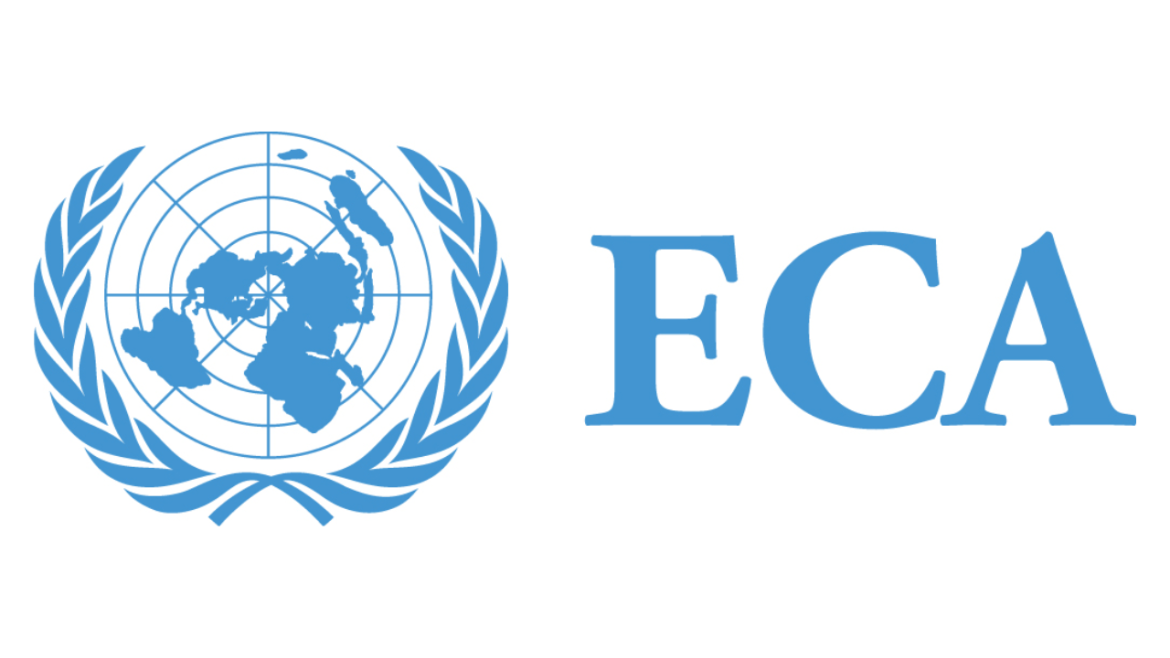By Muhammad Amaan
The United Nations Economic Commission for Africa (ECA) says Africa is losing an estimated $40 billion annually to illicit financial flows (IFFs) in the extractive sector.
ECA’s Deputy Executive Secretary, Mr Antonio Pedro, in a statement said the trend undermines development and deepens economic inequality on the continent
Pedro spoke at a High-Level Policy Dialogue (HLPD) in New York, marking close of the 2025 African Dialogue Series (ADS), themed “Justice for Africans and People of African Descent Through Reparations.”
He said the massive financial losses due to IFFs deprived African populations of essential services and economic opportunities, emphasising that tackling these outflows must be central to the continent’s development agenda.
“IFFs in the extractive sector are a symptom of a deeper structural problem; Africa’s overdependence on raw material exports, a colonial-era model that continues to limit the continent’s growth,” Pedro said.
The deputy executive secretary said that the practice of exporting raw minerals by Africa without value addition amounted to exporting jobs.
According to him, Africa can no longer afford this situation as it needs to create at least 20 million jobs yearly to absorb its growing youth population.
Mr Pedro argued that sustainable development and reparatory justice must go hand in hand, and emphasised the link between IFFs and the broader call for justice for Africa and its diaspora.
He commended the African Dialogue Series for fostering meaningful engagement on these issues, noting that platforms like ADS was vital for shaping unified African positions and promoting them at global forums.
Mr Pedro said Africa had developed key instruments like the African Mining Vision and the African Green Minerals Strategy to drive value addition, industrialisation and community benefits from its mineral resources.
“What is needed now is to operationalise these frameworks and turn political commitments into action,” he said.
He emphasised the importance of promoting local content, reforming global financial systems, and building stronger international partnerships to address illicit flows and advance African development goals.
“Africa must speak with one voice to push its priorities on the global stage, thus the need for policy coherence across the mineral, industrial, trade, energy and infrastructure sectors,” he said.
Pedro also underscored the shared responsibility of governments, mining companies, local communities, financial institutions, and other stakeholders to work together in closing perception gaps and ensuring sustainable gains from extractive resources.
“As we move forward, prioritising sustainable development and tackling the systems that sustain IFFs alongside reparatory measures is critical to achieving justice for Africa,” he said.
The ADS is an annual platform hosted by the UN Office of the Special Adviser on Africa, the African Union Permanent Observer Mission to the United Nations, and other UN agencies to highlight pressing issues facing the continent and its diaspora.




